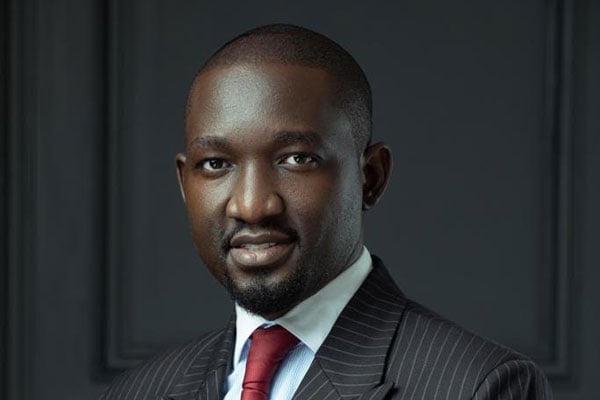Prime
The National Sports Act gives NCS more than it can chew... can NCS keep up?

IVAN OJAKOL
What you need to know:
The new law comes with added responsibility for NCS and the need for improved capacity for the Lugogo-housed body.
The National Sports Act awaits assent by the President of Uganda after it was passed by Parliament at the third reading.
The law undoubtedly comes with its many positives and has its fair share of contentious areas and even a couple of misses here and there. It is perhaps a futuristic law and foreshadows a time when Ugandan sport will be highly professionalized.
Among the standout points of this law is the fact that it empowers the National Council for Sport (NCS) immensely. This columnist has not seen the final draft and/or print of the Act and is largely basing on what he read in the Committee on Education and Sports report and the final deliberations at the Third reading of the harmonized Bill.
In a previous piece, this columnist advocated for the breaking up of NCS into a regulator and a commercial arm akin to Kenya.
Hon. Eng. Moses Magogo who is the Member of Parliament that moved the Private Member’s Bill had also in his first draft called for a Sports Authority away from NCS. It looks like that was not supported by the government for policy reasons.
The National Council of Sports was first created by the National Council of Sports Act, of 1964 as a body to run and govern an amateur sports setting in Uganda at the time and had a limited mandate. The Statutory Instrument of 2014 added a few more powers to NCS.
Beyond its general regulatory and sports implementing roles, foremostly, NCS has now been given the power to create legal personality under the new impending law. This means like the Uganda Registration Services Bureau, it will be able to incorporate and register National Sports Federations and National Sports Associations under the law.
The law defines a National Sports Federation as one that oversees a professional sports discipline that has at least 75% coverage in Uganda. A sports association is an association that runs an amateur sports discipline that has at least 50% coverage in Uganda. The two are jointly referred to as “National Sports Organizations”.
The justification for this power being given to NCS is to guard against the creation of rival sports factions with each claiming to superintend over a sports discipline.
After some back and forth and even resistance from the government, NCS has been vested with government infrastructure/ facilities- more or less own, hold and manage sports facilities on behalf of the government. In addition to this, in co-operation with National Sports Federations, NCS now also has the power to certify sports facilities.
The government through the Attorney General had argued that this particular aspect is rather complex because many of these sports facilities and vested by the Constitution in the Uganda Land Commission and run by the Local District Councils, while others have different ownership, Bugembe stadium, for example, is owned by the Kingdom of Busoga.
The sticky matter of Nakivubo stadium has also been left out of NCS reach with the argument being that it has a different law altogether.
At the third reading, the Attorney General seemed to suggest that NCS should only be allowed to own, hold and manage sports facilities thereon from the coming into force of the law-perhaps meaning that only the new sports facilities that will be constructed after the Act is assented to by the President and it seems to have been adopted by the House, I could be wrong on this and await to see the final draft of the clauses regarding this.
The new law comes with added responsibility for NCS and the need for improved capacity for the Lugogo-housed body. NCS will need all kinds of experts and professionals now in order for it to effectively oversee the implementation of the law; from arbitrators to standards experts, to researchers, to anti-doping experts among others.
The Government of the Republic of Uganda, through to the Ministry of Finance, and that of Education and Sports have their work cut out. There must be adequate and sufficient support to NCS-no budgetary cuts, and intentional and deliberate efforts aimed at building the capacity of that institution must start now.
One wonders what came of the NCS probe, though.
Ojakol is a Sports Lawyer, Partner at Matrix Advocates, and Law Lecturer at IUEA
Email: [email protected]
Contacts:0791683986/0787261019




